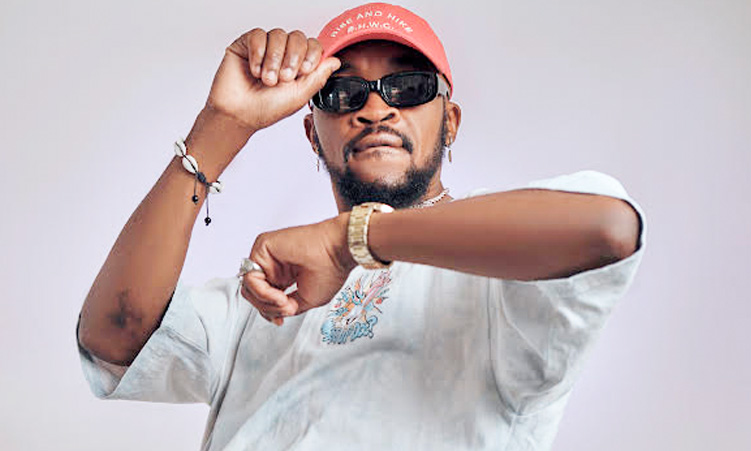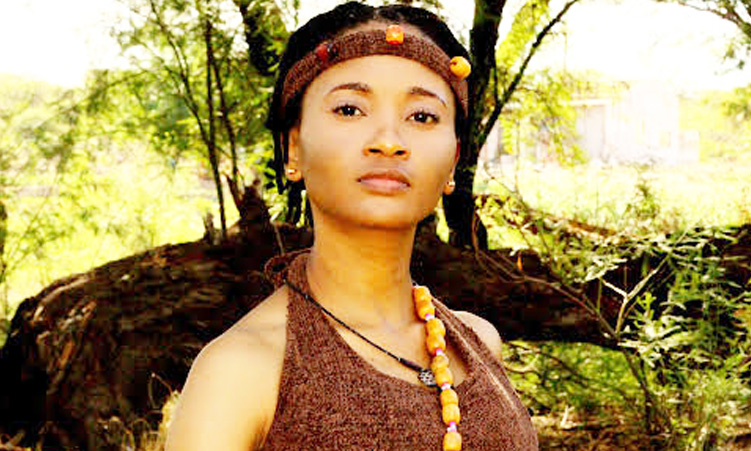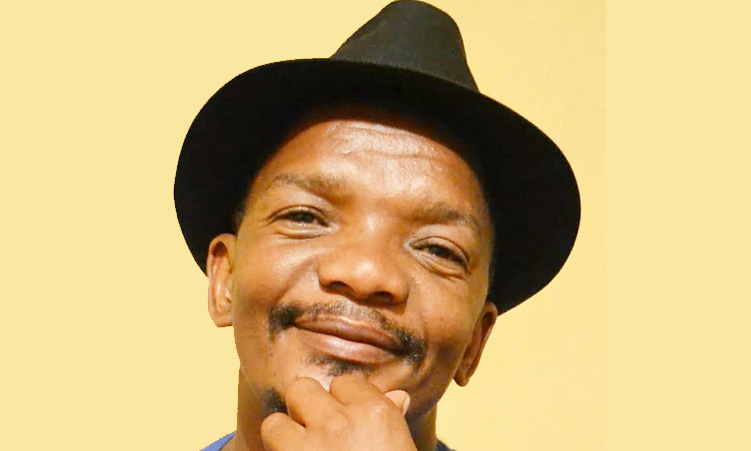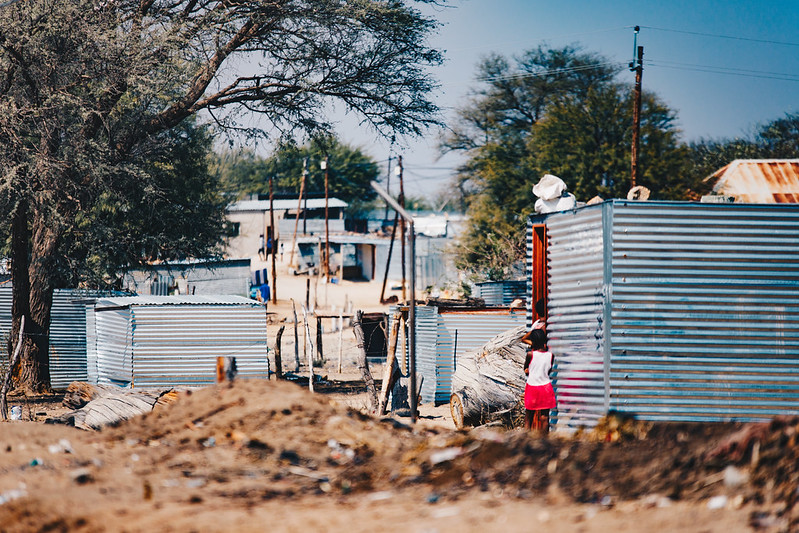Voice of Heritage, Resistance, Transformation
In Namibia’s cultural landscape, poetry is a quiet but powerful force, hidden behind the dominating roles of visual arts and music.
But a new crop of poets is breaking barriers, using language to call out injustice, protect cultural heritage and ignite change.
With each line they pen, they are proving that poetry is not only creativity – it is a movement, a voice and a force for change.
The Weekender sat down with a few poets who described Namibian poetry as slowly but steadily changing.
POWER OF WORDS
Veteran poet and performer Keamogetsi Molapong views poetry not just as a form of art but as a tool for mental and social liberty.
Poetry, according to him, is strong enough to challenge oppressive regimes and spur much-needed conversations.
However, he laments the lack of good governance, guidance and widespread nepotism in Namibia’s arts scene, which he says is suppressing poetry.
“Poetry can disrupt oppressive regimes and awaken awareness,” Molaong says.
He says poetry continues wanting for much-needed funding despite its possibilities of redemption.
Molapong calls for poets to unite, create independent platforms and become an organic voice through clear articulation of the country’s socio-economic and political reality.
MOVEMENT POETRY

Lekenanda Eliakim, also known as Be-fresh, is transforming poetry into a fusion of movement and performance.
A graduate of the College of the Arts and a University of Namibia fourth-year student, she combines poetry with theatre and African percussion to provide experiential artwork.
She believes poetry can revolutionise Namibia’s cultural landscape – on condition that poets put their best foot forward to present their work professionally and devise creative distribution channels.
“Poetry is appreciated in Namibia, but it does not get the proper attention because there are no concrete organisational frameworks behind it,” she says.
Be-fresh advocates the inclusion of poetry in mainstream culture through cross-art form collaboration with musicians, theatre practitioners and the internet to make it more accessible and appealing to more individuals.
As one of Namibia’s most accomplished spoken word poets, Nimrod Bowora, also known as Mr Poet, is using poetry to advocate indigenous languages and address societally relevant issues like gender-based violence and unemployment.
A leading member of the Frankly Speaking collective of poets and co-host of the Frankly Speaking Poetry Show on NBC National FM, Mr Poet believes poetry is a means to share both cultural heritage and social commentary.
“Poetry is a means of keeping our heritage alive, but also for us to face facts as a nation,” he says.
While Namibia’s music industry has massive patronage, Mr Poet says poetry doesn’t have such opportunities.
He insists there needs to be greater cooperation between corporate entities and poets to integrate poetry into areas like advertising, education and mental health awareness.
At Gobabis, poet and nurse Rejoice Seitsang combines her passion for the arts with her nursing profession, using poetry as a form of therapy.
Through inspirational performances and motivational speeches, she mentors young people through life’s trials.
“Poetry has the ability to change attitudes and make people think, but it is not being used to its full potential because people perceive it as too complex,” she says.
Seitsang also believes in enhanced collaboration between entrepreneurs and poets, to include poetry in marketing, education and health initiatives.
In her opinion, there is a possibility that with increased financial backing, poetry can be the driving force of a vibrant creative economy in Namibia.
At the forefront of the poetry movement is Franklin Shitaleni, better known as North Side Rabbi.
As a co-founder of Namibia’s biggest poetry hub, Frankly Speaking, Shitaleni empowers young people and preserves indigenous tales through poetry.
“Poetry is a powerful tool of culture – it keeps our history and frames the future,” he says.
Despite the transformational powers of poetry, Shitaleni acknowledges the challenges of sustaining platforms without organised support.
He envisions a day when poetry is institutionalised, commodified and treated with the same reverence as other art forms.
THE WAY FORWARD
Across generations, Namibian poets are demonstrating that poetry is not merely for leisurely purposes – it is a voice for the voiceless, a mirror to society and a tool for preserving culture.
But unless there is adequate funding, institutional backing and inter-disciplinary partnerships, the art form risks remaining below the radar.
Through collaborative funding mechanisms and partnerships, poetry can not only expand but become the foundation of Namibia’s creative economy.
The National Arts Council of Namibia (NACN) has taken steps to assist poets with funding, partnerships and strategic development.
According to NACN administrator Gretta Gaspar, poetry is part of the country’s creative industry core.
“We provide opportunities for funding of all forms of art, including poetry,” she says.
She adds that the NACN demonstrated its commitment at the 2023 literary festival, where the council sponsored the establishment of formal bodies to help facilitate poetry recitals, workshops and publication.
The NACN also heled keep poetry alive during the Covid-19 pandemic by way of grants to enable poets to share their poetry online.
“We stay in contact with poetry clubs and people to provide additional opportunities for growth,” Gaspar says.
Gaspar says poetry is also a vital tool in establishing Namibia’s identity.
“Poetry has always reflected society, recording the heartbeat of the nation,” she notes, emphasising its role in preserving stories and challenging societal expectations.

To gain more exposure, the NACN collaborates with organisations such as Unam Press and the Namibia Library and Archives Service.
Activities such as the Namibia Creative Summit and Heritage Week also feature performances of poetry.
But there are still challenges, such as few platforms and disorganisation among the community, Gaspar says.
“Most poets are still not affiliated, so it is hard to engage them,” she says.
To counteract this, the NACN promotes the establishment of associations and continues to fund projects to make sure poetry thrives in Namibia’s entertainment sector.
Stay informed with The Namibian – your source for credible journalism. Get in-depth reporting and opinions for
only N$85 a month. Invest in journalism, invest in democracy –
Subscribe Now!










